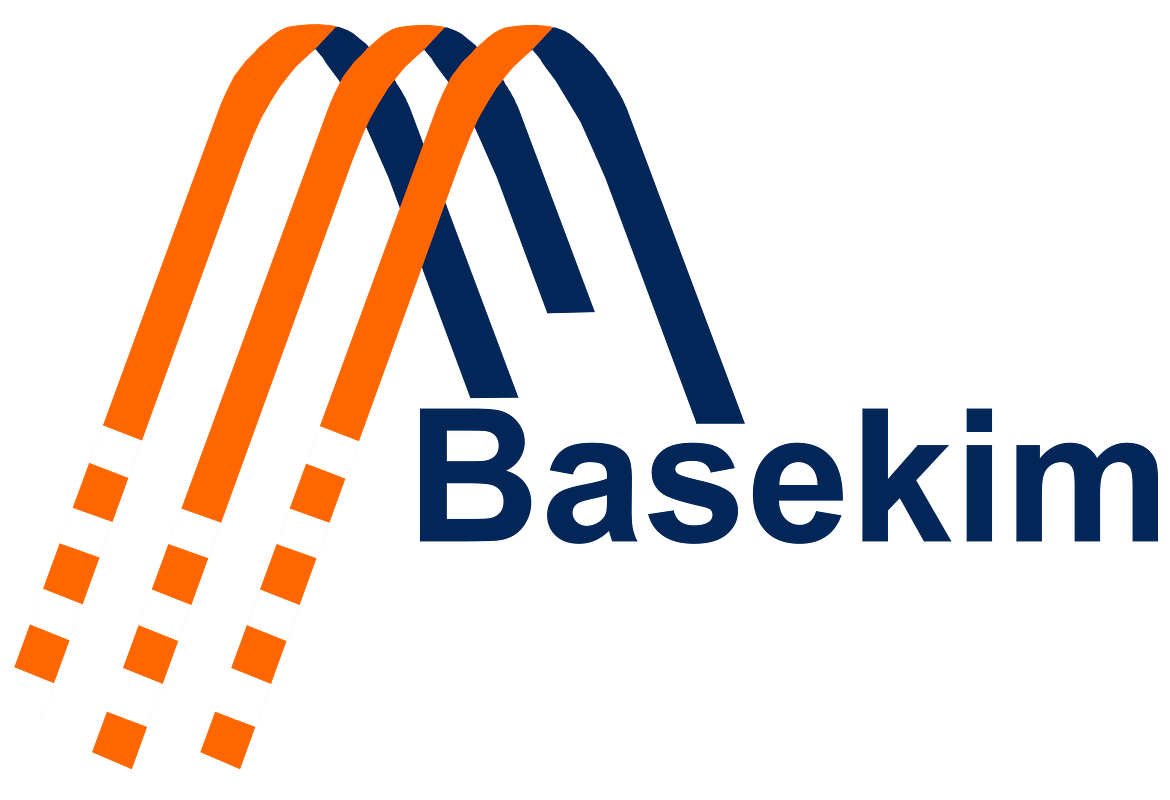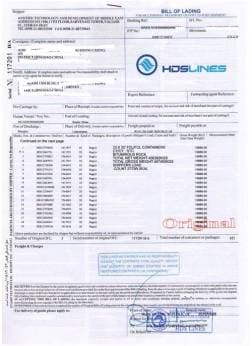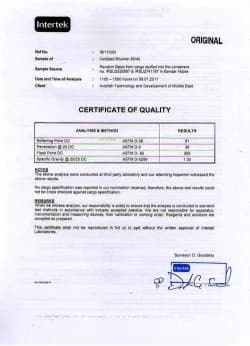Bitumen PG 70-22: Asphalt Binder for Heavy-Duty Infrastructure
When roads are built in hot climates with heavy traffic, ordinary asphalt binders often fail. Pavements may rut, deform, or crack under constant stress. Bitumen PG 70-22 was developed to solve this problem. As part of the Superpave Performance Grading system, it is engineered to perform at high pavement temperatures up to 70°C while maintaining elasticity at –22°C.
For government tenders, airport expansions, and highway projects, PG 70-22 is more than just material — it is insurance for pavement longevity.
Why PG 70-22 Matters in B2B Projects
Large-scale projects demand materials that reduce life-cycle costs. Choosing the wrong binder may lead to premature failures and costly repairs. PG 70-22 ensures:
Rutting resistance in regions with surface temperatures above 60°C.
Flexibility at low temperatures, reducing cracking during cold snaps.
Compliance with international standards, making it acceptable for global tenders.
Infrastructure companies investing in PG 70-22 gain long-term performance guarantees, which is crucial for securing contracts and protecting reputations.
Real-World Applications
Desert Highways: In countries across the Middle East, surface temperatures often exceed 65°C. PG 70-22 prevents rutting even under heavy trucks.
International Airports: Runways and taxiways exposed to jet blasts need binders with exceptional high-temperature resistance.
Industrial Yards: Container terminals and mining haul roads face constant axle loads that demand stronger binders.
Urban Expressways: High-traffic corridors in hot-climate cities rely on PG 70-22 to maintain performance during peak usage.
In each case, the binder plays a decisive role in ensuring roads remain smooth, safe, and durable.
Standards and Quality Control
Bitumen PG 70-22 is produced under AASHTO M320 guidelines. Each batch undergoes testing that includes:
ASTM D5 – Penetration test
ASTM D36 – Softening point
ASTM D92 – Flash point
For buyers, these reports are more than paperwork — they are evidence of quality assurance, a key factor when negotiating large supply contracts.
Packaging and Global Supply
Suppliers provide Bitumen PG 70-22 in flexible options designed for international logistics:
Bulk tankers and ISO containers for mega-projects.
New steel drums (180–200 kg net) for containerized shipping.
Jumbo bags (1 MT) where handling flexibility is needed.
Every shipment includes full export documentation, with HS Code 27132000, MSDS, and COA.
Export and Logistics Insights
When planning procurement, buyers evaluate:
Container loading efficiency – 20-foot containers hold ~110–115 drums.
Transit conditions – packaging is reinforced against leaks during long voyages.
Trade terms – supply available under FOB or CIF.
Demand regions – PG 70-22 is a leading grade in hot-climate markets such as the Middle East, South Asia, and Africa.
Comparison with Other Grades
PG 70-22 vs. PG 64-22: Both resist cracking at –22°C, but PG 70-22 provides higher tolerance at 70°C vs. 64°C, making it indispensable for hotter climates.
PG 70-22 vs. Penetration Grade 60/70: Traditional penetration grades may soften under desert conditions, while PG 70-22 remains stable, ensuring predictable performance.
This makes PG 70-22 the binder of choice when long-term reliability is non-negotiable.
Frequently Asked Questions
Q1: Why should contractors choose PG 70-22?
A1: Because it provides maximum durability in hot climates, reducing future repair costs.
Q2: What projects typically specify PG 70-22?
A2: National highways, airports, and heavy-duty industrial roads in regions above 60°C.
Q3: Is PG 70-22 accepted in international tenders?
A3: Yes, it complies with AASHTO M320 Superpave standards required in global infrastructure contracts.
Q4: What supply formats are available?
A4: Bulk shipments, new steel drums, and jumbo bags.


